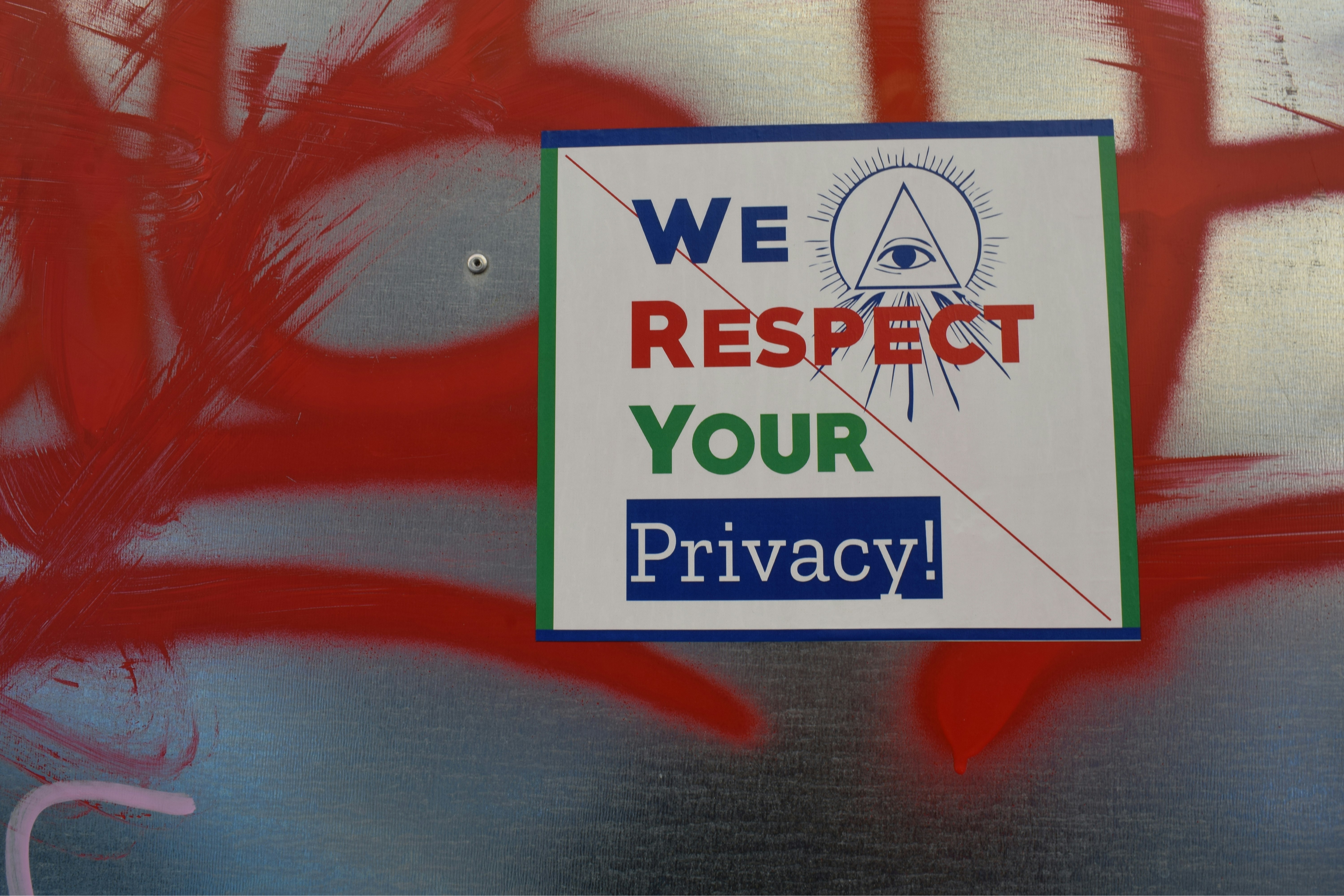Understand Your Micro-Living Rights: Mastering Tenant Agreements in 2025
In 2025, the landscape of residential living has evolved dramatically, especially with the emergence of micro-living spaces. For many, these compact, multifunctional homes present unique opportunities for affordable urban living. However, this new way of living puts tenants in a peculiar position regarding their rights and responsibilities. Grasping the intricacies of micro-living agreements is essential for safeguarding your interests as a tenant. In this guide, we will decode the legal fine print surrounding micro-living agreements and arm you with the knowledge to navigate your rights effectively.
The Rise of Micro-Living: A New Housing Paradigm
As cities become increasingly crowded, the concept of micro-living has captured the attention of urban dwellers and developers alike. These relatively small and efficient living spaces offer an appealing solution to skyrocketing housing costs, especially for young professionals, digital nomads, and students. However, an enticing living arrangement often comes with confusing agreements that can leave you feeling more like a squatter than a tenant.
Micro-living agreements can vary significantly from traditional leases. Understanding the key components of these contracts is vital to ensure you are aware of your rights and obligations. From rental fees to maintenance responsibilities, knowledge is your most potent ally in the micro-living revolution.
Decoding Micro-Living Agreements: What to Look For
Before signing any micro-living lease, it’s critical to analyze its terms thoroughly. Here are the essential elements to scrutinize in your agreement:
1. Scope of Lease
Unlike standard leases, micro-living agreements often cover shared spaces, amenities, and sometimes even services like cleaning and laundry. Ensure you know which areas you're entitled to access. Review policies on shared responsibilities, such as cleaning schedules and the use of community facilities.
2. Rental Duration and Flexibility
Many micro-living agreements come with non-traditional lease lengths, allowing for short-term stays or month-to-month arrangements. It’s essential to understand the minimum rental period and whether you are locked into a long-term commitment.
3. Costs and Fees
Beyond the base rent, micro-living agreements may entail additional expenses. Look for details about utilities, service charges, and any additional fees for common areas. Understanding the total cost of living in your micro-space will prevent unexpected financial strain.
4. Maintenance Responsibilities
Who is responsible for repairs and upkeep? Since micro-living can involve multiple occupants sharing the same space, it is crucial to clarify maintenance duties in your agreement. Failing to address this could leave you vulnerable to disputes down the line.
5. Termination Policies
Every lease should have clear conditions for termination. In micro-living complexes, these policies might differ. Knowing how much notice you must give before moving out can save you from financial penalties or loss of your security deposit.
To get a better understanding of your broader rights as a tenant, consider reading our article on Essential Insights for Tenants in 2025.
Understanding Your Rights as a Tenant
As a tenant in a micro-living situation, you possess several rights that protect you from exploitation and mistreatment. Here’s a breakdown of key tenant rights to keep in mind:
Right to Privacy
Even in shared spaces, tenants have a right to privacy. Landlords cannot enter your micro-living unit without appropriate notice unless it constitutes an emergency. Familiarize yourself with the specifics regarding landlord entry and privacy policies.
Right to a Safe Living Space
All tenants have the right to a safe and habitable living environment, which includes adequate heating, plumbing, and structural integrity. If your micro-living arrangement fails to meet these standards, you can advocate for repairs or even seek legal remedies.
Right to Fair Treatment
Micro-living spaces should not discriminate against tenants based on race, gender, or other protected characteristics. If you believe you have been subjected to discriminatory practices, ensure you know the laws protecting you.
Right to Report Violations
Tenants can report violations of safety codes or landlord negligence. Familiarize yourself with local housing authorities and relevant regulations that bolster your rights, making it easier for you to take action against unethical practices.
Understanding the Fine Print: Additional Considerations
Micro-living agreements can come with unusual or unexpected clauses that need careful attention. Always look out for:
- Guest Policies: Are you allowed to have overnight guests?
- Pets: Are pets permitted, and are there any restrictions?
- Furnishing Responsibilities: Who is responsible for furnishing common areas?
These minor details can significantly influence your micro-living experience and overall satisfaction.
Navigating Local Laws and Regulations
While micro-living agreements establish the framework for your tenancy, it's equally essential to understand the governing laws in your locality. In many cases, tenant rights can vary greatly from region to region.
Rent Control Laws
Some cities have regulations governing rent increases and the maximum allowable rent for small living spaces. Be proactive in researching these laws to strengthen your negotiating power and safeguard against unreasonable hikes in rent.
Housing Code Compliance
Local housing authorities often enforce building and safety codes that landlords must abide by. Understanding these codes can empower you to advocate for necessary improvements in your micro-living space.
Dispute Resolution Mechanisms
Should conflicts arise with your landlord or housemates, knowing the available dispute resolution mechanisms can significantly ease tensions. Many localities offer mediation services to help resolve conflicts amicably.
For the latest insights into legal rights regarding digital living arrangements, check out our comprehensive guide, Know Your Rights Now regarding AI Decisions.
Building a Supportive Community
Living in a micro-living space often means sharing tight quarters with individuals who may become like family. Establishing a sense of community can enhance your living experience, but it’s important to do so while maintaining a mutual understanding of legal obligations.
Setting Ground Rules
To avoid conflicts, communicate openly with your housemates about expectations. Establish clear rules about shared responsibilities, guest policies, and noise ordinances.
Handling Conflicts
Conflicts are bound to arise in any shared living environment. When faced with disagreements, approach your housemates with empathy and a willingness to listen. Open communication can help to resolve minor issues before they escalate into larger disputes.
Building Trust
Trust is the foundation of any successful living arrangement. Respect your housemates' privacy and space, and encourage candid discussions about any issues that may arise.
Final Thoughts: Empowering Yourself in the Micro-Living Space
Navigating the legal landscape of micro-living agreements can initially seem daunting, but with the right knowledge, you can confidently assert your rights as a tenant. By fully understanding your lease terms and local tenant laws, you position yourself not just as a resident, but as an empowered individual aware of your rights and responsibilities.
Stay informed, communicate openly, and build supportive relationships with your landlord and fellow tenants. If you're ever unsure of the legalities involved in your living situation, don't hesitate to consult legal professionals or local tenant organizations.
Your journey into the micro-living space doesn’t have to be overwhelming — instead, it can be an enriching and liberating experience that aligns with your lifestyle aspirations in 2025.
























